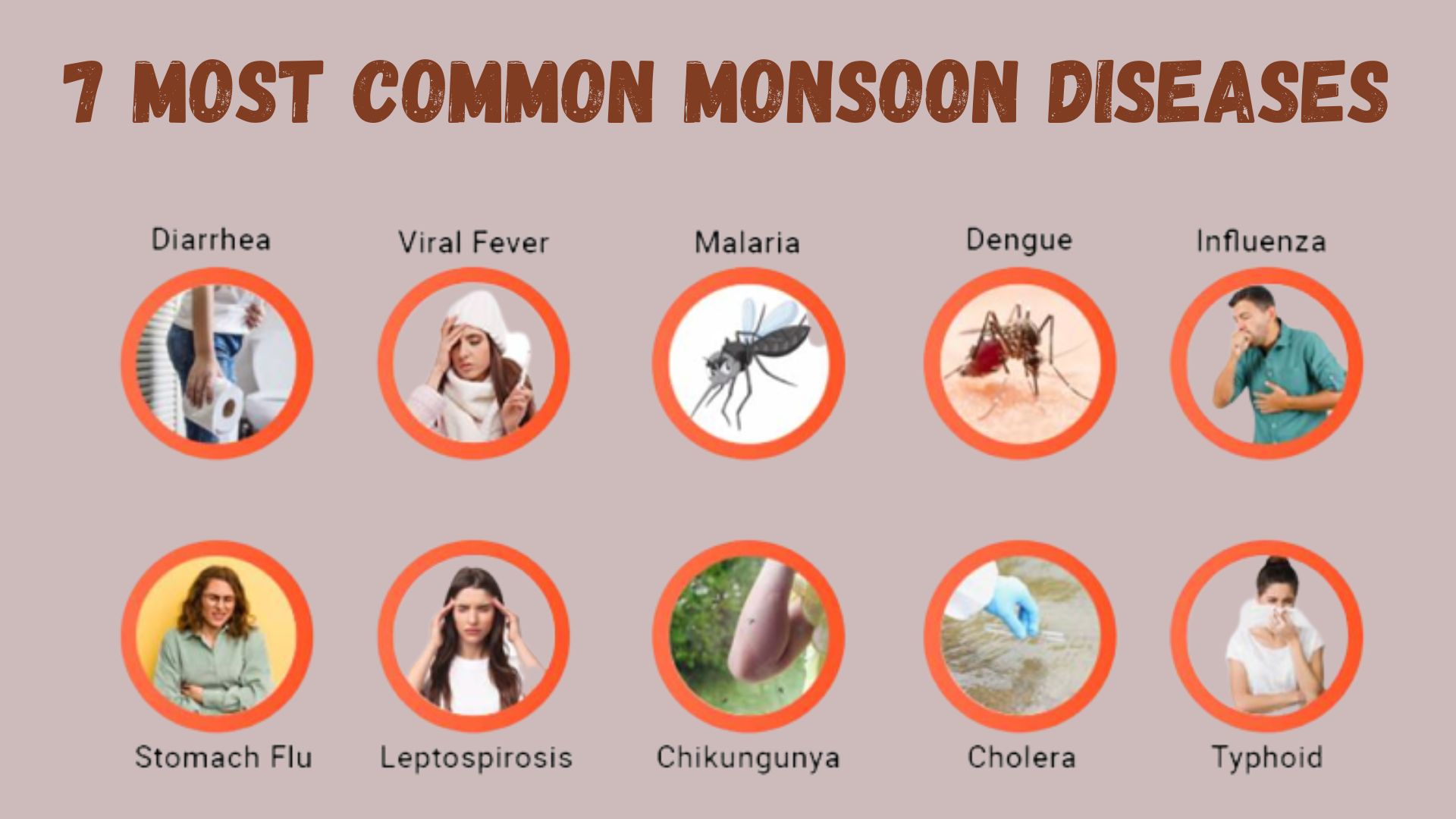Obtaining auto insurance is a crucial step for new drivers, often marking the transition to independence and responsibility. For many, understanding the intricacies of auto insurance can seem daunting, but with the right knowledge and resources, new drivers can navigate this landscape with confidence. This article aims to demystify auto insurance for new drivers, providing essential tips and considerations to ensure they are adequately covered without unnecessary expenses.
Understanding Auto Insurance Basics
Auto insurance is a legal requirement in most regions, designed to protect drivers financially in the event of an accident. It typically covers liability for injuries and property damage, with optional comprehensive and collision coverage available for broader protection. For new drivers, understanding the various policy components and how they relate to their needs is the first step in securing appropriate coverage.
Factors Influencing Insurance Rates
Insurance premiums are determined by several factors, including the driver’s age, driving experience, location, and the type of vehicle being insured. New drivers, particularly teenagers, often face higher premiums due to their perceived higher risk. However, there are ways to mitigate these costs:
- Choosing the Right Vehicle: Opting for a vehicle with a good safety rating and lower repair costs can reduce premiums.
- Maintaining a Clean Driving Record: Avoiding traffic violations and accidents can lead to lower rates over time.
- Taking a Defensive Driving Course: Completing a recognized course can sometimes qualify new drivers for discounts.
Types of Coverage to Consider
When selecting an auto insurance policy, new drivers should be aware of the different types of coverage available:
- Liability Coverage: Covers damages to others in an accident where the policyholder is at fault.
- Collision Coverage: Pays for damage to the policyholder’s vehicle in the event of an accident.
- Comprehensive Coverage: Protects against non-collision-related damages, such as theft or natural disasters.
- Personal Injury Protection (PIP): Covers medical expenses and sometimes lost wages, regardless of fault.
Shopping for the Best Policy
New drivers should shop around to find the best policy that fits their needs and budget. Comparing quotes from multiple providers is essential, as rates can vary significantly. It’s also important to consider the insurer’s reputation, customer service, and claims process.
For those residing in Huntsville and the surrounding areas, exploring local options such as Auto insurance Huntsville can provide tailored solutions and potential discounts that may not be available through national providers.
Conclusion
Navigating auto insurance as a new driver doesn’t have to be overwhelming. By understanding the basics, considering the factors that influence premiums, and shopping wisely, new drivers can find a policy that offers the protection they need at a price they can afford. With the right approach, auto insurance becomes less of a financial burden and more of a safeguard for their journey on the road.






